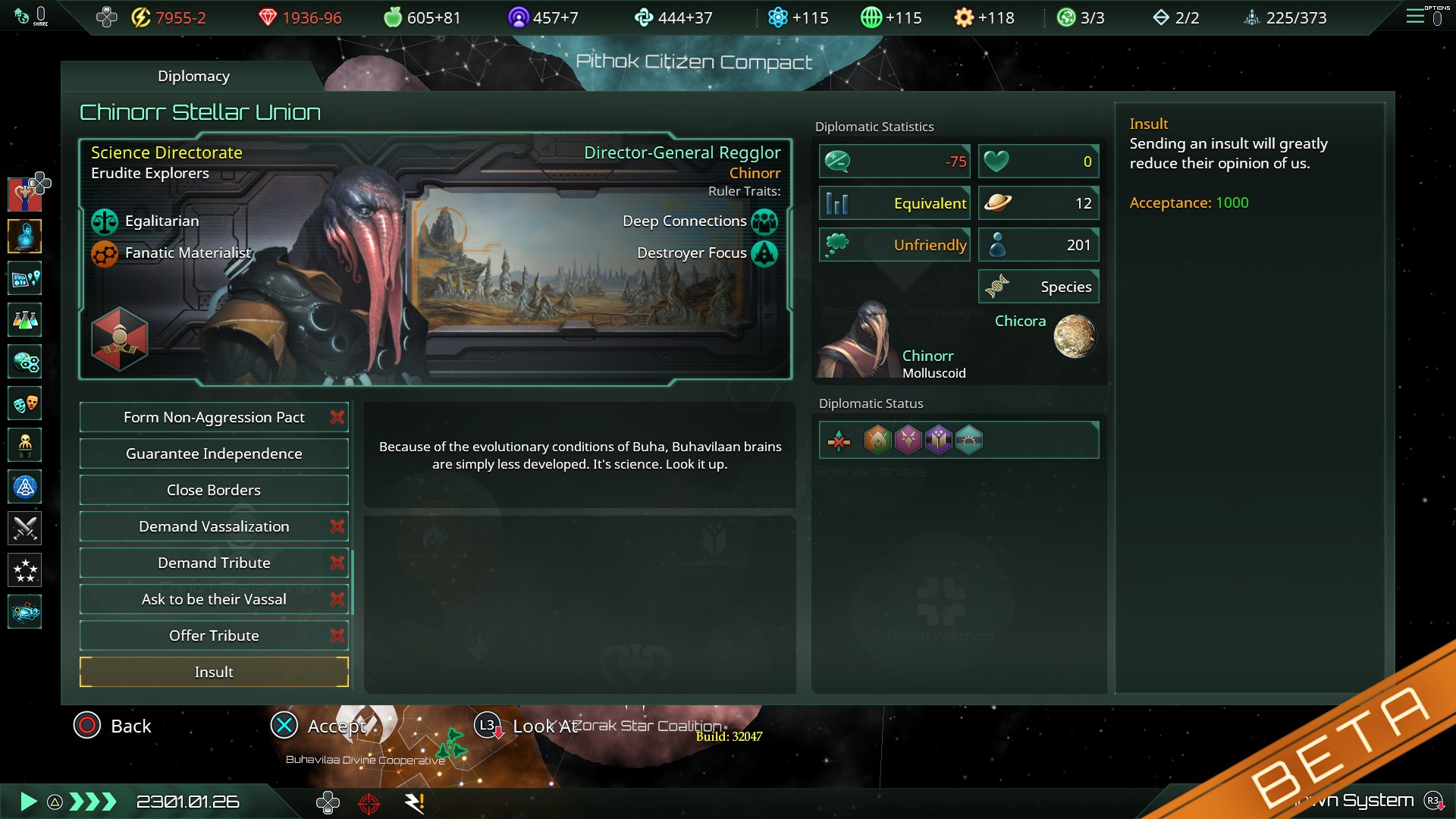I agree crime will probably reduce resource output, but I was kinda hoping it won't. I mean if unhappiness will reduce stability and reduced stability will create crime, then ultimately unhappiness would still kinda reduce resource output, which I thought would not be the case anymore.
Indeed, it would be kinda disappointing if happiness does decrease resource output in the end, on a "chain of events" way (I am imaging something like this):
Unhappiness => Increased crime => Less stability
But perhaps there are other factors out there that influence crime and stability. Stability seems like a good foundation for a spyionage and intra-politic system (unloyal governors doing their thing, spies increasing or decreasing stability), while crime seems like a good metric in order to make authoritarians and enforcers shine.
Another way to differenciate happiness and crime it would be if each of them would affect different types of outputs: For example, crime reducing the output of raw resources (food and minerals), while happiness (or its lack of it) affects the output of manufactured goods and "intangible" things such as science would mean that crime would becomes a great concern if you have a worker economy, while specialist economies .
I assume it's gonna be incredibly simple, like, constructing a building will open up a couple job slots and unemployed pops will automatically take up whatever free jobs there are. And I assume moving between jobs will be free and instantaneous just like how you can drag and drop pops between tiles in the current game. No idea if there will be a new policy that restricts how much the player can interact with that or something. Maybe the only way the player can interact with it is by selecting which jobs are "high priority" with those arrows you see in the screenshots.
I think that pops won't change jobs automatically, otherwise unemployed pops won't be a thing. Which opens up interesting strategies and bonuses, such as egalitarians having a shorter time for job changes and social scension, while more heavily stratified societies will take more of a penalty via "unemployement cooldown".




